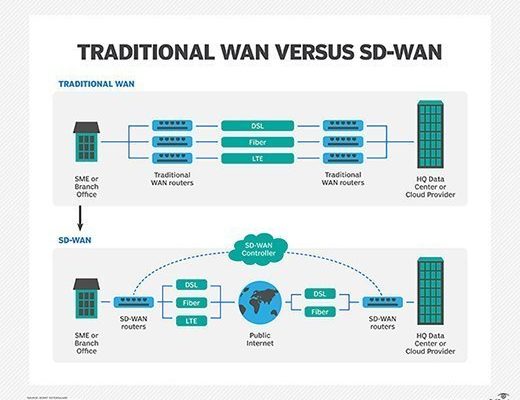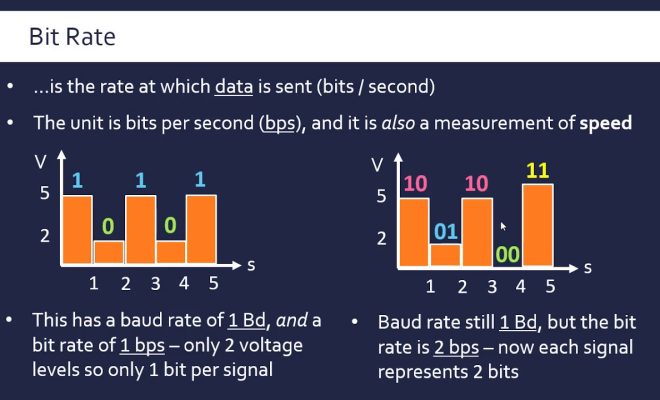What is Data Backup?

As technology continues to evolve, data backup has become an essential part of our digital lives. Data backup refers to the process of creating and storing copies of important information or files to a secondary location, such as an external hard drive, cloud storage, or a physical storage device.
The purpose of data backup is to protect valuable data from loss, theft, corruption, or accidental deletion. Data loss can occur due to various reasons, such as hardware or software failure, cyber attacks, natural disasters, or human error. Without a backup, data loss can be devastating for both individuals and businesses, leading to financial and reputational damages.
There are two primary types of data backup: incremental backup and full backup. Incremental backup involves backing up only the changes made to the data since the last backup, while full backup copies all the data in its entirety. Incremental backup is faster and uses less storage space than full backup, but it requires a reliable backup system capable of tracking the changes.
In addition to the type of backup, there are also different backup methods, such as manual backup and automated backup. Manual backup involves manually copying and storing files to a secondary location, while automated backup uses backup software that automatically backs up data at regular intervals.
Cloud backup has increasingly become a popular option for data backup, as it provides an off-site storage location that is accessible from anywhere with an internet connection. Cloud backup offers several benefits, such as scalability, affordability, and ease of use. However, it also raises concerns about data privacy and security, as users must trust the cloud service provider to protect their data from cyber threats.
In conclusion, data backup is an important process that ensures data is protected and recoverable in case of unexpected events. There are various types and methods of data backup, each with its advantages and disadvantages. It is essential to choose the backup method that meets your needs and regularly test the backup system to ensure it is functioning properly. Remember, always backup your data to avoid permanent loss of information.






